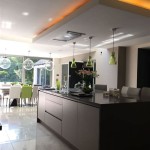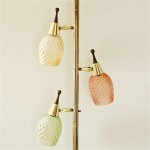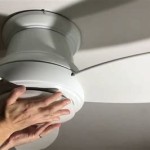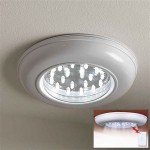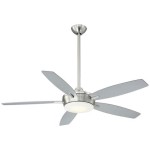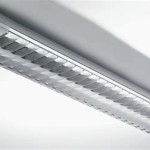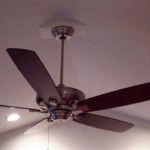Lights For Exposed Ceilings: The Complete Guide
Exposed ceilings are an increasingly popular design choice for homes and businesses alike. They can add a touch of industrial chic or rustic charm to any space, and they can also help to make a room feel larger and more open.
However, lighting an exposed ceiling can be a challenge. The wrong type of lighting can ruin the look of the ceiling and make the space feel dark and unwelcoming. In this guide, we will discuss the essential aspects of lighting for exposed ceilings, so you can create a space that is both stylish and functional.
1. Choose the Right Type of Lighting Fixture
The first step in lighting an exposed ceiling is to choose the right type of lighting fixture. There are a few different options to consider, each with its own advantages and disadvantages.
- Recessed lighting: Recessed lighting is a great way to provide general illumination for an exposed ceiling. It can be installed in the ceiling joists, so it is out of sight and does not take up any space. However, recessed lighting can be expensive to install, and it can be difficult to change the bulbs.
- Pendant lighting: Pendant lighting is another popular option for exposed ceilings. Pendant lights hang down from the ceiling, and they can provide both general and task lighting. However, pendant lights can take up a lot of space, and they can be difficult to clean.
- Track lighting: Track lighting is a versatile option that can be used to create a variety of lighting effects. It can be installed on the ceiling or on the walls, and it can be used to direct light to specific areas. However, track lighting can be expensive, and it can be difficult to install.
2. Consider the Height of the Ceiling
The height of the ceiling will also play a role in choosing the right lighting fixture. For high ceilings, you will need to use fixtures that provide enough light to reach the floor. For low ceilings, you can use fixtures that are closer to the ceiling.
3. Consider the Style of the Space
The style of the space will also influence your choice of lighting fixture. For a modern space, you might choose recessed lighting or track lighting. For a traditional space, you might choose pendant lighting or chandeliers.
4. Use Multiple Light Sources
Using multiple light sources is a great way to create a more interesting and dynamic lighting scheme. You can use a combination of recessed lighting, pendant lighting, and track lighting to create different layers of light. This will help to make the space more visually appealing and it will also make it easier to see.
5. Don't Forget About Dimmers
Dimmers are a great way to control the amount of light in a space. This is especially important for exposed ceilings, as too much light can make the space feel harsh and uninviting. Dimmers allow you to adjust the light levels to create the perfect ambiance for any occasion.

Open Ceiling Lighting Round Square Pendant Fixtures For Exposed Ceilings

Tech Lighting Cable With Exposed Beam Ceilings My Design42

Best 25 Exposed Beam Ceiling Lighting Ideas Lightopia
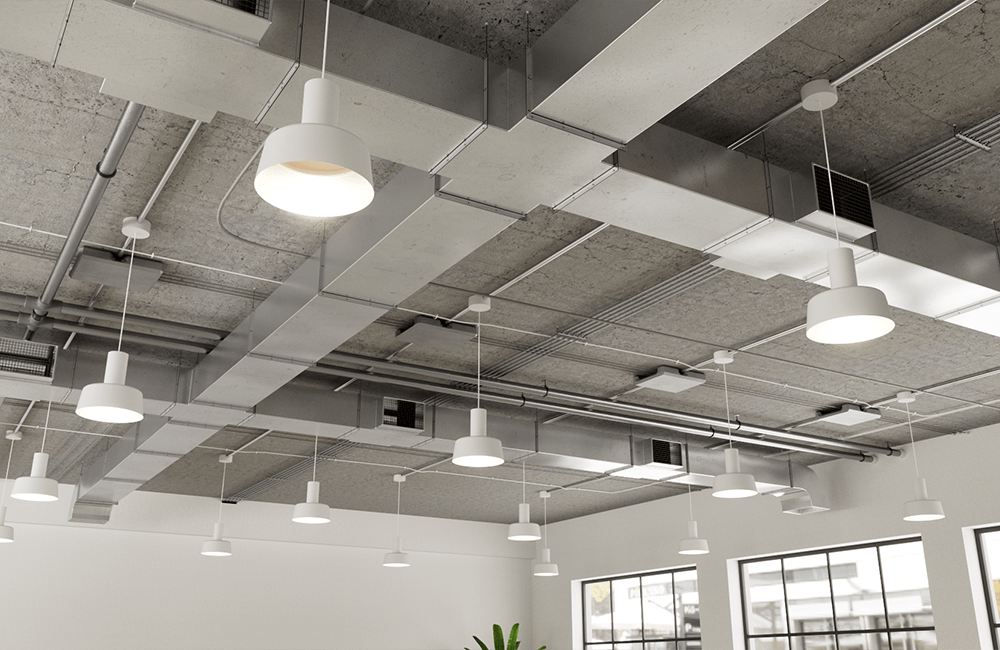
Open Ceiling Lighting Dmf

Ls Group How To Light An Open Ceiling With Beams

The Ultimate Guide For Unfinished Basement Lighting Semigloss Design

Best 25 Exposed Beam Ceiling Lighting Ideas Lightopia

Open Ceiling Lighting Dmf

Focal Point Architectural Lighting Acoustic Ceiling Solutions

Commercial Office Lighting Ideas What Are Your Options
Related Posts

